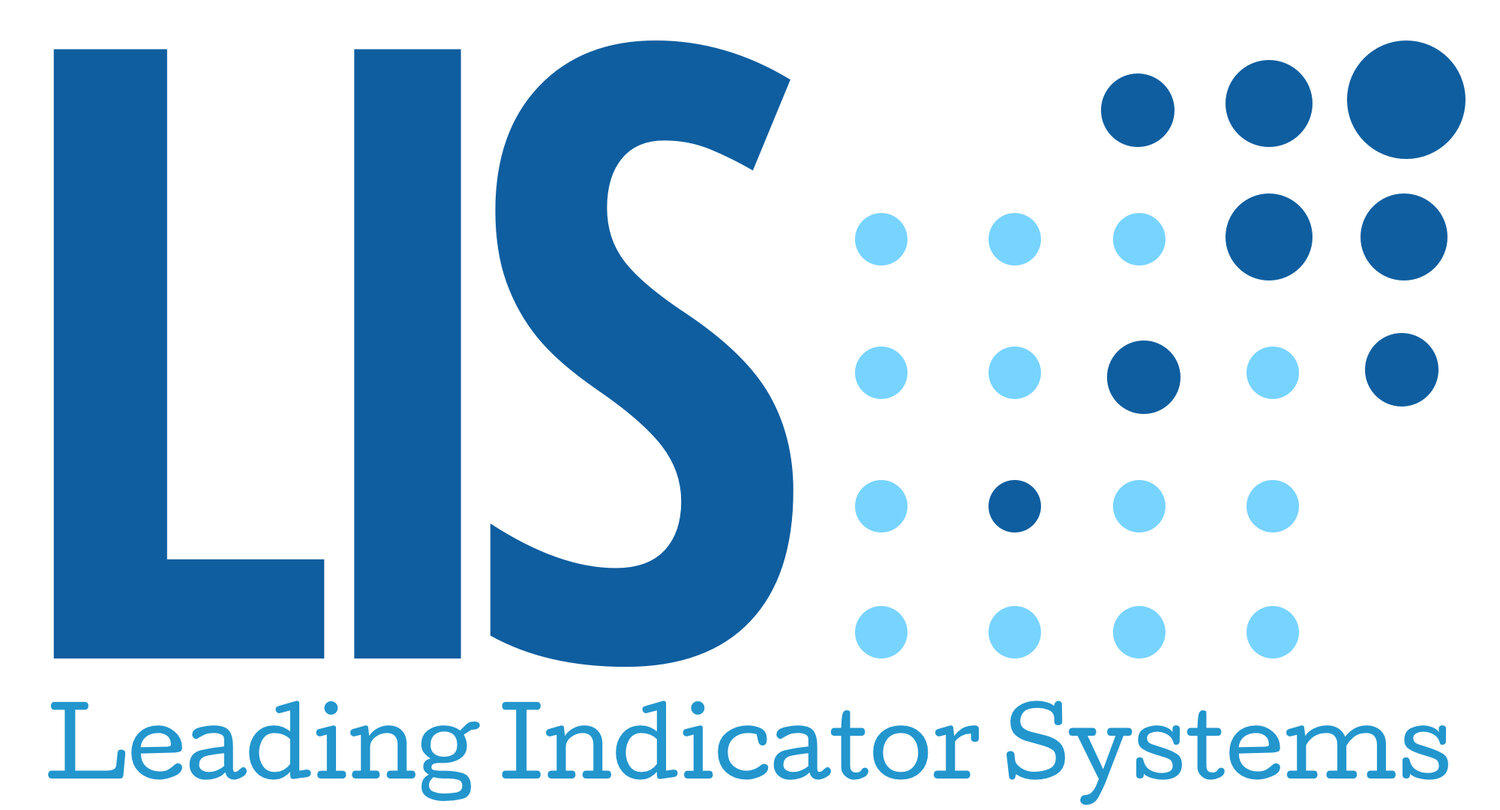
Is that warmth you’re feeling?
We regularly confuse concepts, bodily sensations, and emotions
Social psychologist John Bargh at Yale University has made a career of demonstrating nonconscious priming effects on social judgment and motivation through his Automaticity in Cognition, Motivation, and Evaluation (ACME) Laboratory. Following are a few of the better-known findings:
Subjects holding a cold beverage were more significantly more likely to misattribute the personality trait of “coldness” to a neutral person than were control groups. In another experiment, subjects holding warm coffee behaved more warmly towards others.
Subjects who completed a word search primed with words conventionally related to age in the United States — 'bingo', 'wrinkle', 'Florida' — were measured walking more slowly than the control group as they left the lab, as if they were older.
Subsequent experiments using within-subjects designs have found, for example, that people primed with prosocial concepts behave in more prosocial ways, and fMRI scans show differential activity in brain structures such as the medial prefrontal cortex, which is known to regulate social behavior.
Conclusion: Priming effects show a clear motivational impact on observable behavior, presumably caused by the activation of nonconscious cognitive-emotional-behavioral neural circuits, completely outside of conscious awareness.

